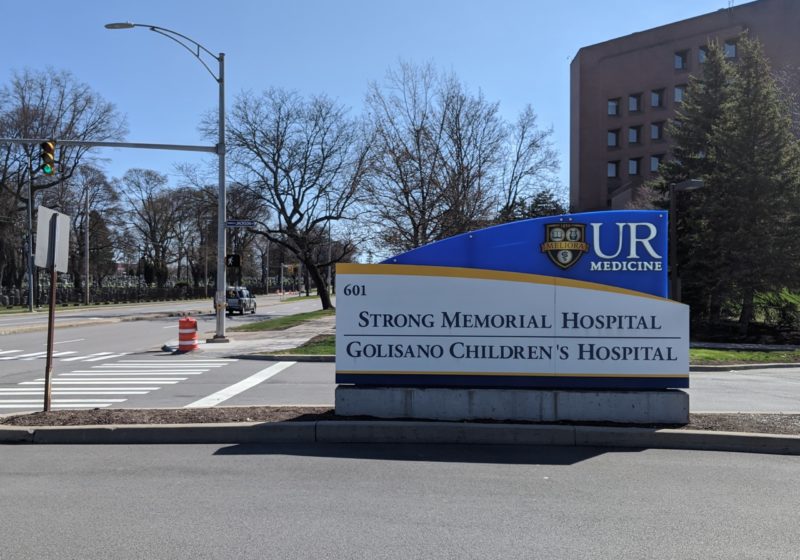After two months of closed-down facilities, UR has slowly started reopening some of its research labs.
Starting May 18, URMC researchers were allowed to return to labs without special permission, according to Dirk Bohmann, Professor of Biomedical Genetics at the University of Rochester Medical Center (URMC).
After students, faculty, and staff were sent home due to COVID-19 in mid-March, nearly 80-90% of the labs closed down, Bohmann said. Only projects related to COVID-19 remained open. Now that Monroe County met New York State’s COVID-19 reopening guidelines, safely reopening other labs is possible.
According to Bohmann, the decision to reopen URMC labs was made with the help of the Scientific Advisory Committee (SAC). SAC is a committee that advises the Dean and Vice Dean of Research for the School of Medicine and Dentistry, Mark Taubman and Stephen Dewhurst, “on strategic decisions relating to recruitment, academics, infrastructure investments, and space allocations” as stated on the URMC page. The ultimate decision, however, was made by Taubman.
The labs have several social distancing measures in place, like limiting the number of people in labs, strategically scheduling shifts, and reorganizing spaces. Additionally, departments are providing masks, disinfectants, and hand sanitizer. An email from the Biomedical Genetics Department also stated rest rooms and conference rooms, now used as lunch rooms, are limited to one person at a time.
River Campus also started reopening its labs on May 20. The approval was finalized by John Tarduno, the Dean of Research for the College of Arts, Sciences, and Engineering.
Todd Krauss, Chair of the Chemistry Department, said he was in charge of the department’s opening plan. To do this, he formed a committee of about 10 graduate students, safety officers, and faculty and staff members, who created their plan based on the guidelines Tarduno mentioned in an update posted by the University.
Like URMC, the Chemistry Department implemented strict restrictions. No more than three people are allowed in a lab together and no more than two are allowed in the stockroom at the same time. Lab members have to regularly wash their hands and wear a mask at all times (with additional masks and gloves provided). In addition, undergraduates, graduate students, and postdocs are the only University members allowed to work in the research labs. Faculty members have to continue working virtually.
For both the Biomedical Genetics and Chemistry Departments, reopening labs has been reported to be smooth so far. According to Krauss, several staff members have been coming in without issue. Bohmann reported that “the population density in the [Biomedical Genetics] research labs is a third of what it was before.” Both professors have stated that although some people were worried about social distancing, many were happy to continue their own research projects.
Bohmann also noted that this is not a permanent reopening, and if necessary, they are prepared to go back to limited research and closed labs.
“The question really is, are we going to continue on the trajectory that we’re on now?” Bohmann said. “Or will there be a second wave?”

